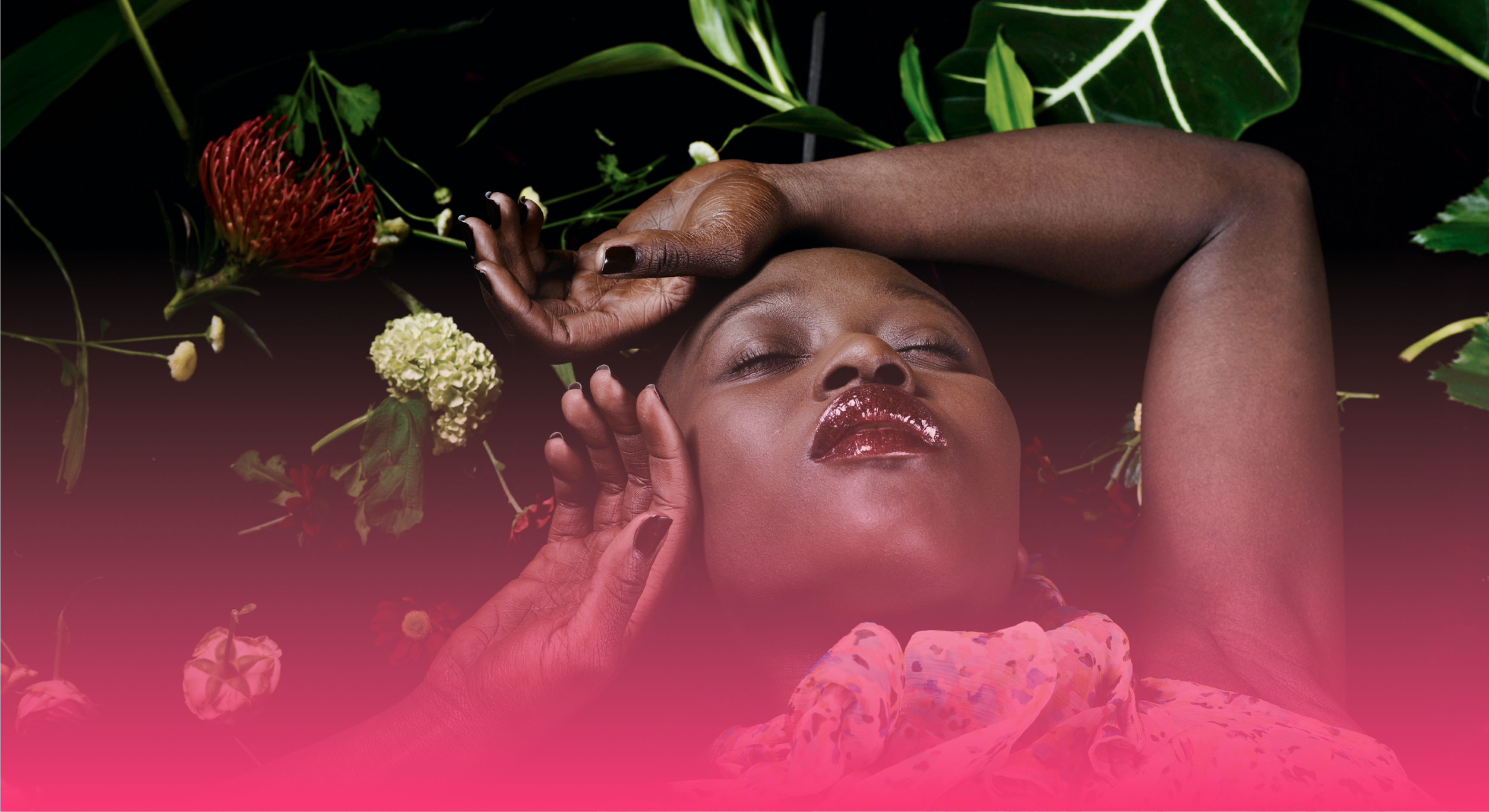These Are The Traits You Should Look For In A Partner
According To Psychologists, These Are The Traits You Should Look For In A Partner

Source: Izabela Habur / Getty
A lot of people may value some superficial things when it comes to choosing #bae, but according to psychology, there are a few traits that are key to determining a perfect mate. Psychology Today outlined 5 characteristics that may help you spot early on in your relationship if your significant other will make a good partner.
If you’re ‘What I Want’ in a companion list doesn’t include the following items—you may be missing some perspective.
- Focus on kindness, loyalty and understanding, not looks status and excitement. According to Gwendolyn Seidman, Ph.D, “those whose partners meet their ideals in terms of warmth and loyalty” are more satisfied with their relationships. Surprisingly, physical attractiveness, wealth and social status are less correlated with overall satisfaction. So even if your partner isn’t the sexiest, or a high income earner, being warm, kind, loyal and understanding was seen as more important than any of those superficial traits.
- Similarity. They say opposities attract, but according to research, you should find someone similiar to you. According to the research, “couples who share tastes, interests, and expectations tend to encounter fewer conflicts.” Age, educational attainment, work-life balance, child rearing and desired number of children also plays a factor in divorce rates.
- Conscientiousness. If bae is cute and not thoughtful, you may end up unhappy. Conscientiousness is about practicality, rule-following and organizing, according to Seidman. Dependable people are considered more trustworthy–you don’t have to worry about broken plans or promises with people who consistently come through for you.
- Emotional Stability. Guess what? Those screaming matches that people often associate with ‘passion’ may not be necessary after all. The emotional stability of your partner directly affects overall satisfaction in your relationship. In psychology, neuroticism is associated with moodiness, touchiness, anxiousness and being quick to anger. Partners high in neuroses tend to have negative interactions with their partners and other people.
- The belief that relationships work. The success of a relationship can be determined by a partner’s overall philosophy towards relationships. Researchers categorize those belief patterns into two categories: growth beliefs and destiny beliefs. Those with destiny beliefs think that relationships are meant to be or not–they either work out or they don’t. Those with ‘destiny beliefs’ may not be as open to overcoming conflict. Those with ‘growth beliefs’ are more likely to discuss problems and repair issues that may arise in a relationship. Asking a potential partner their attitude towards relationships and marriage may help determine longterm compatibility. If they have a fatalistic approach to the whole thing, it’s probably not a good sign.
SOURCE: PSYCHOLOGY TODAY
RELATED LINKS
Black Love In Conversation: Here’s How To Keep The Spark In Your Relationship
You Aren’t Alone: Research Says 1 In 13 Women Suffer Through Painful Sex
Turn Your Sex Life All The Way Up With Our 28 Days Of Sex Challenge













